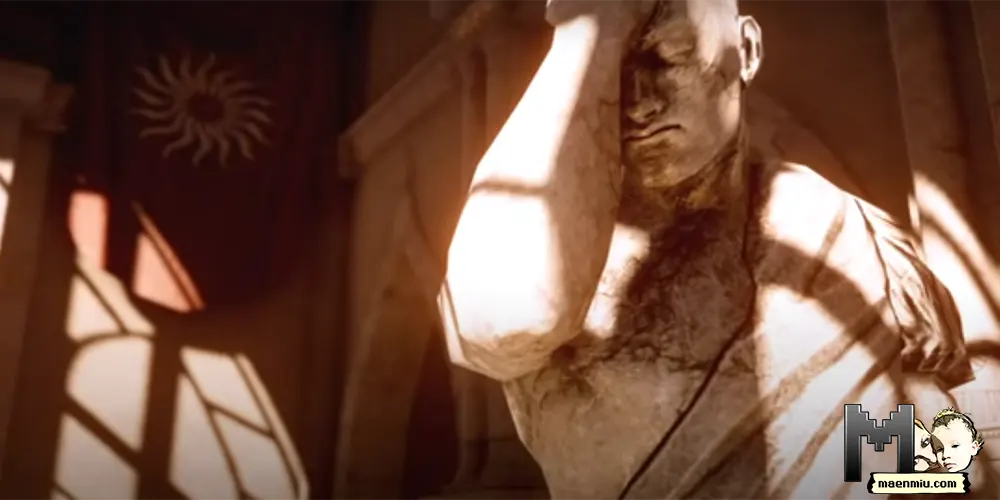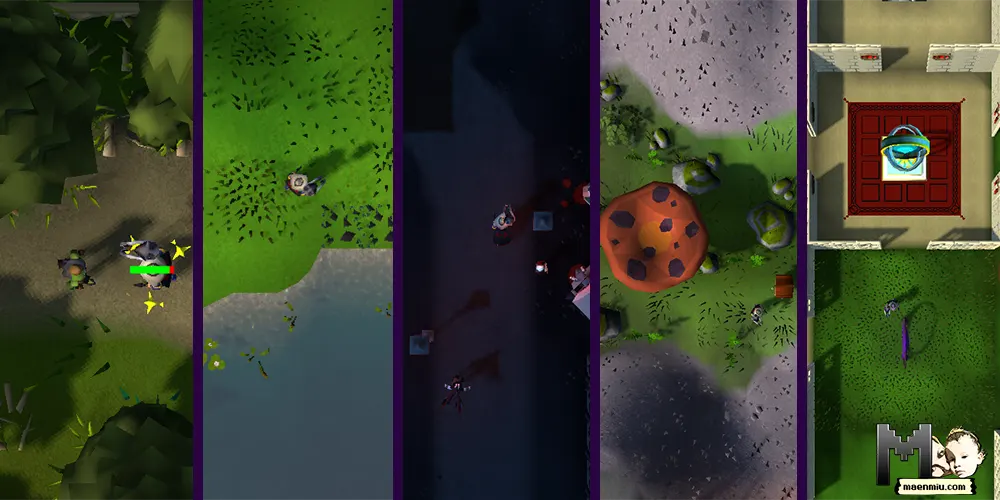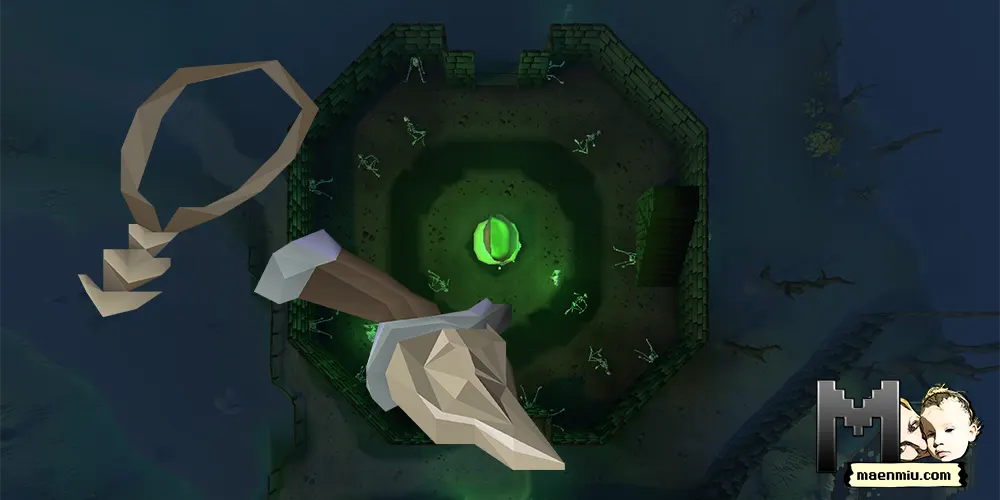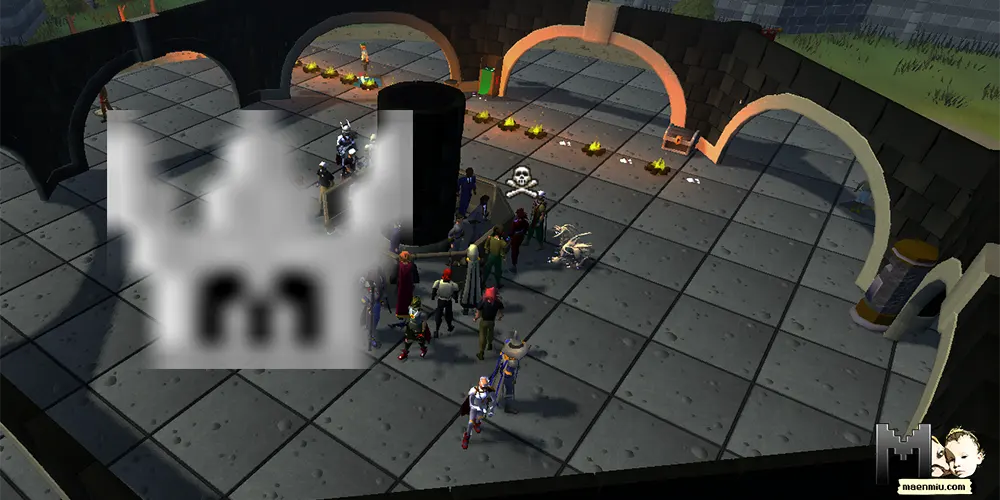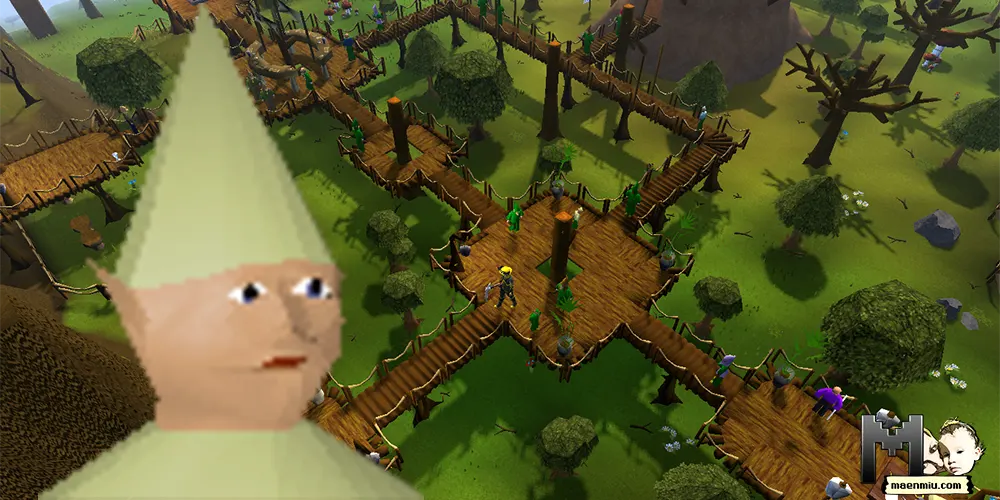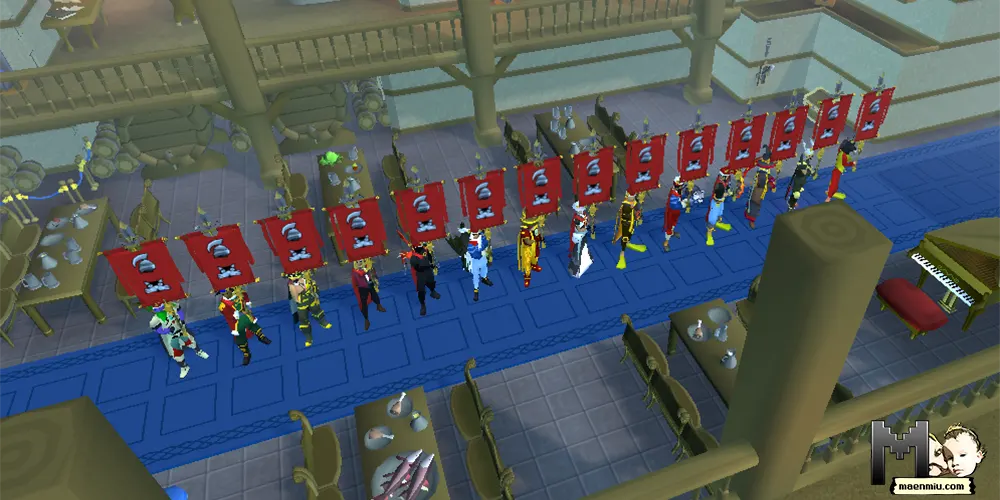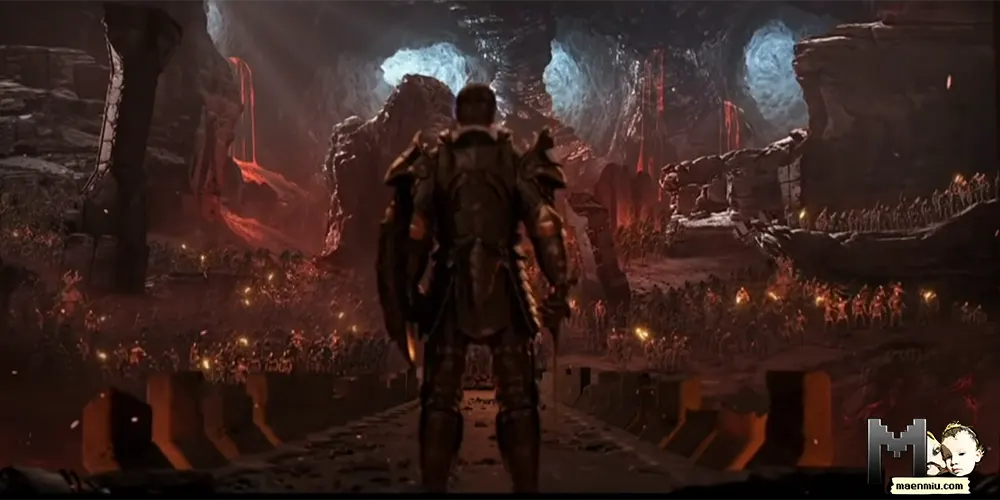
Sacrificing Few for the Many in Dragon Age
The video game series Dragon Age unfurls within the fascinating realm of Thedas, a universe crafted with intricate moral and philosophical layers. Each race, faction, and individual in this world grapples with ethical dilemmas, posing intricate questions to players. At the heart of this morality play stands the Grey Wardens, an order of warriors who confront the recurring apocalyptic events known as the Blights. Their actions and choices offer a deep exploration of utilitarianism, a philosophical doctrine suggesting the maximization of overall happiness.
You might like
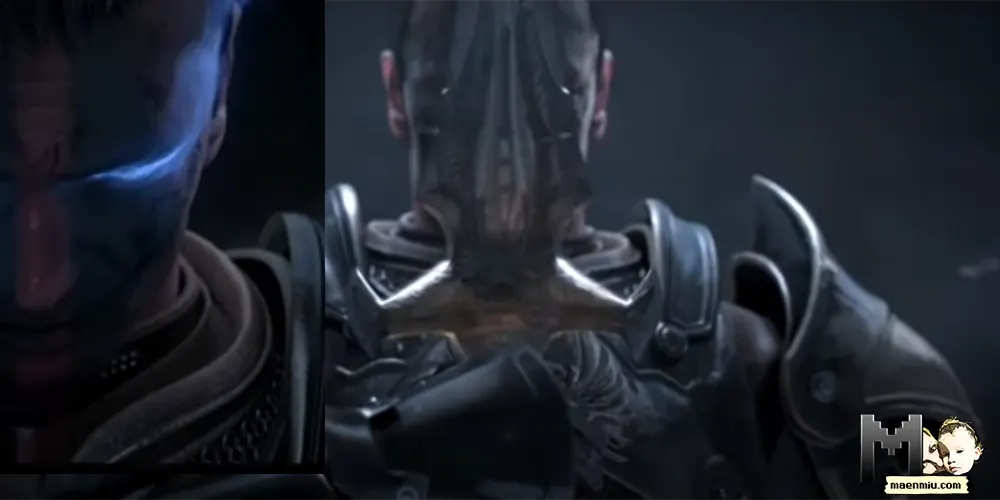
Utilitarianism
Utilitarianism is a philosophical theory that emphasizes the greatest happiness principle, positing that the morally correct course of action is the one that maximizes overall happiness or well-being. In this framework, an action’s moral value is determined not by its adherence to specific rules or principles, but by its consequences. Essentially, if an action leads to the greatest good for the greatest number of people, it is considered morally right. This often requires weighing various potential outcomes and choosing the one that provides the most positive impact, even if it means sacrificing individual rights or principles. Critics of utilitarianism argue that it can lead to unjust actions if they result in a perceived greater good, while proponents see it as a rational approach to ethics that takes into consideration the welfare of all. Utilitarianism has been influential in many areas, including law, public policy, and ethical decision-making, and continues to be a subject of debate and study in philosophy.
Grey Wardens
The Grey Wardens are a beacon of utilitarianism in the Dragon Age universe. Their mandate, stemming from their founding, necessitates the protection of the many at the potential cost of a few. This echoes the primary tenets of utilitarianism: the best course of action is the one that maximizes overall happiness or the greater good. In their struggle against the Blights, the Grey Wardens make the difficult choices, enduring the weight of these moral sacrifices.
Sacrifice and Survival
Fighting the Blights is no small task. It demands incredible sacrifices and sometimes even morally questionable strategies. The Wardens’ resolve never wavers in their commitment to their cause, upholding their mandate to halt the Blights, regardless of the cost. Their actions illuminate the gritty practicalities of utilitarianism, operating under the conviction that the greatest good for the most significant number of people is paramount, even if that means enduring criticism, scorn, or misunderstanding.
The Anvil of the Void
The narrative of Dragon Age: Origins introduces players to complex moral challenges. A defining moment occurs when the Warden, the protagonist, must decide the fate of the Anvil of the Void, an ancient Elven artifact. The choice involves keeping a potentially perilous tool that could provide a powerful advantage in their fight against the Blights or destroying it to avoid its potential misuse. This decision encapsulates the very essence of utilitarian thinking: despite the potential risk and moral objections, the choice to keep the Anvil is guided by the intention to maximize collective benefit.
Dragon Age: Inquisition
In Dragon Age: Inquisition, similar utilitarian dilemmas arise. The player character, the Inquisitor, faces a critical decision: ally with the potentially treacherous rebel mages, who could provide a crucial advantage, or recruit the more stable but politically intricate Templars. Both choices carry potential risks and benefits, and the ‘right’ choice from a utilitarian perspective is the one that promises the greatest overall good.
The Grey Wardens Under Scrutiny
Not everyone in Thedas, nor among the game’s players, agrees with the Grey Wardens’ utilitarian principles. From a deontological standpoint, which emphasizes strict adherence to moral rules, their actions may seem unprincipled or immoral. This internal discord is illustrated by characters such as Alistair, a Grey Warden who often wrestles with the moral ambiguity inherent in the order’s choices, exhibiting a palpable tension between utilitarian and deontological viewpoints.
Debates Among Players and Critics
This moral ambiguity doesn’t stop within the game world. Players and critics of Dragon Age have actively engaged in debates concerning the morality of the Grey Wardens’ actions, creating a vibrant discourse around the practicalities and implications of utilitarianism. This discussion has expanded the cultural impact of the Dragon Age series, transforming it into more than just a game, but a platform for engaging with profound philosophical issues.
Unpacking the Complexities of Utilitarianism
The portrayal of the Grey Wardens in Dragon Age offers a nuanced exploration of utilitarianism in action. Their commitment to making hard choices for the greater good exposes the intricacies and challenges associated with a utilitarian approach to ethics. By incorporating this philosophical doctrine into the fabric of the game, Dragon Age provokes players to grapple with difficult ethical questions, enriching the narrative and rendering the Dragon Age universe a truly immersive moral landscape.
I created this article with the partial assistance of an AI tool. Learn about my view on AI and why I’m telling you about it.
Further read

